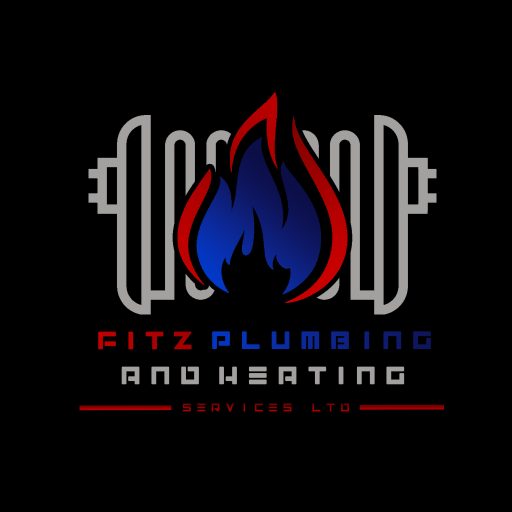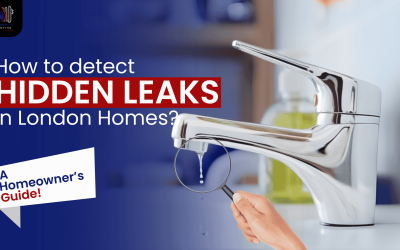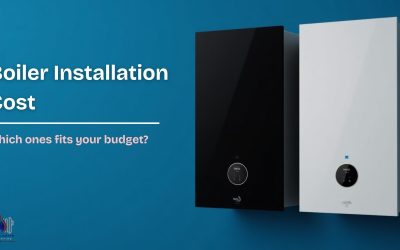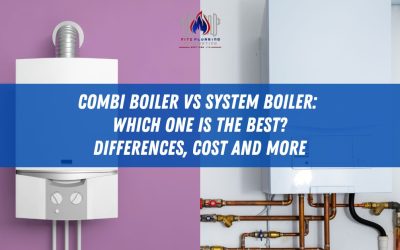Plumbing is an essential part of any home or business. It ensures the efficient flow of water, supports sanitation, and helps maintain comfort and hygiene. However, without proper care, plumbing issues can lead to costly repairs and inconvenience. Here are some key aspects of plumbing and tips to keep your system running smoothly.
Understanding Your Plumbing System
Before diving into maintenance tips, it’s helpful to understand the components of your plumbing system:
- Water Supply System: Delivers clean water to your home through pipes and fixtures.
- Drainage System: Removes wastewater through a network of pipes, eventually directing it to a septic tank or municipal sewer.
- Fixtures and Appliances: Includes sinks, toilets, showers, dishwashers, and washing machines.
Routine Plumbing Maintenance
Regular maintenance can prevent major plumbing problems. Here are some tips to consider:
- Inspect for Leaks:
- Regularly check pipes, faucets, and appliances for leaks.
- Addressing small drips promptly can save water and reduce the risk of water damage.
- Prevent Clogs:
- Avoid flushing items like wipes, cotton balls, or grease down drains.
- Use drain covers to catch hair and debris in sinks and showers.
- Test Water Pressure:
- Ensure your home’s water pressure is within a safe range (40-60 psi).
- High water pressure can strain pipes, while low pressure may indicate a blockage.
- Water Heater Maintenance:
- Flush your water heater annually to remove sediment buildup.
- Check the anode rod every 1-3 years to prevent tank corrosion.
- Insulate Pipes:
- Insulating exposed pipes can prevent freezing during cold weather, reducing the risk of bursts.
Emergency Preparedness
Even with regular care, plumbing emergencies can happen. Being prepared can minimize damage:
- Know Your Shut-Off Valves:
- Locate and label the main water shut-off valve.
- Learn how to shut off water to specific fixtures.
- Keep Essential Tools on Hand:
- A plunger, pipe wrench, and plumber’s tape are essential for quick fixes.
- Have a Professional’s Contact Information:
- Research and save the contact of a trusted plumber for emergencies.
Energy Efficiency in Plumbing
Modern plumbing solutions can help you save water and energy:
- Install Low-Flow Fixtures:
- Low-flow showerheads and faucets can reduce water usage without compromising performance.
- Upgrade to Efficient Appliances:
- Energy-efficient dishwashers and washing machines can lower utility bills.
- Fix Running Toilets:
- A running toilet can waste hundreds of gallons of water monthly; repair it promptly.
When to Call a Professional
While many plumbing tasks are DIY-friendly, some issues require expert intervention:
- Persistent low water pressure
- Major leaks or bursts
- Sewer line backups
- Installation of new fixtures or appliances
Final Thoughts
Taking care of your plumbing system is essential for a functional and comfortable home. By performing routine maintenance, staying vigilant for signs of trouble, and upgrading to efficient solutions, you can avoid costly repairs and enjoy a hassle-free experience. And remember, when in doubt, don’t hesitate to call a professional to handle complex plumbing issues.






0 Comments